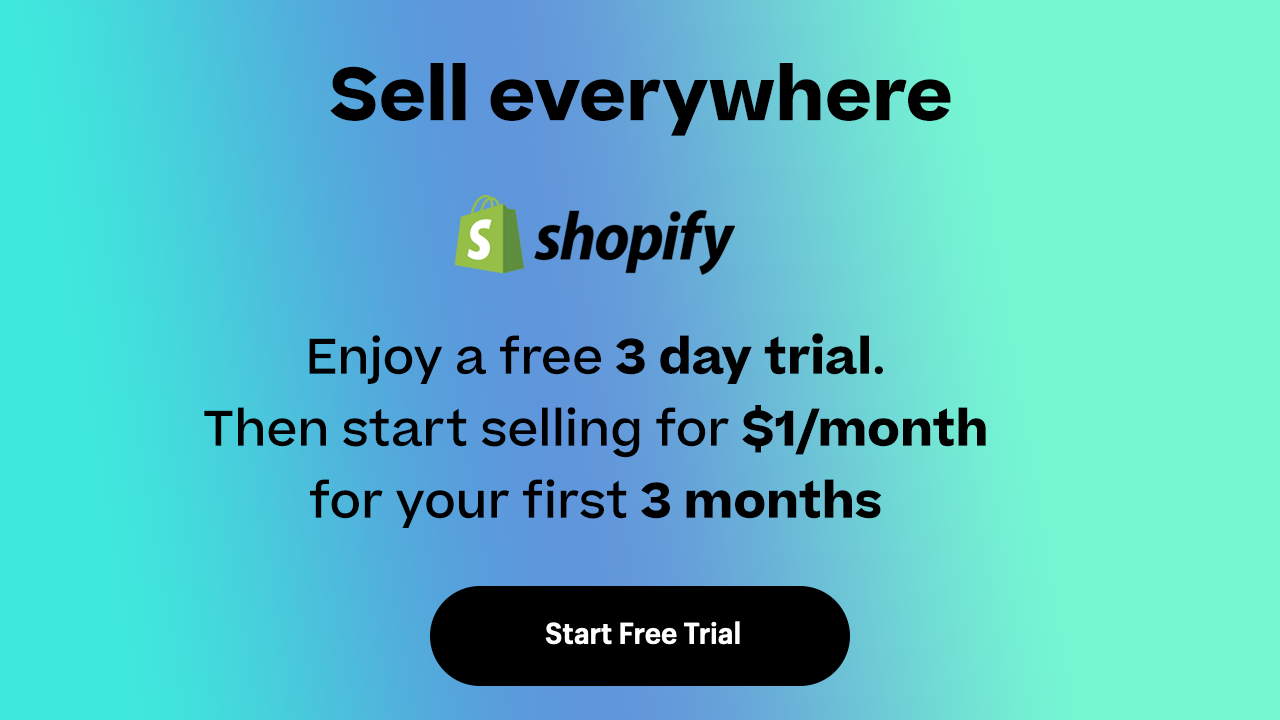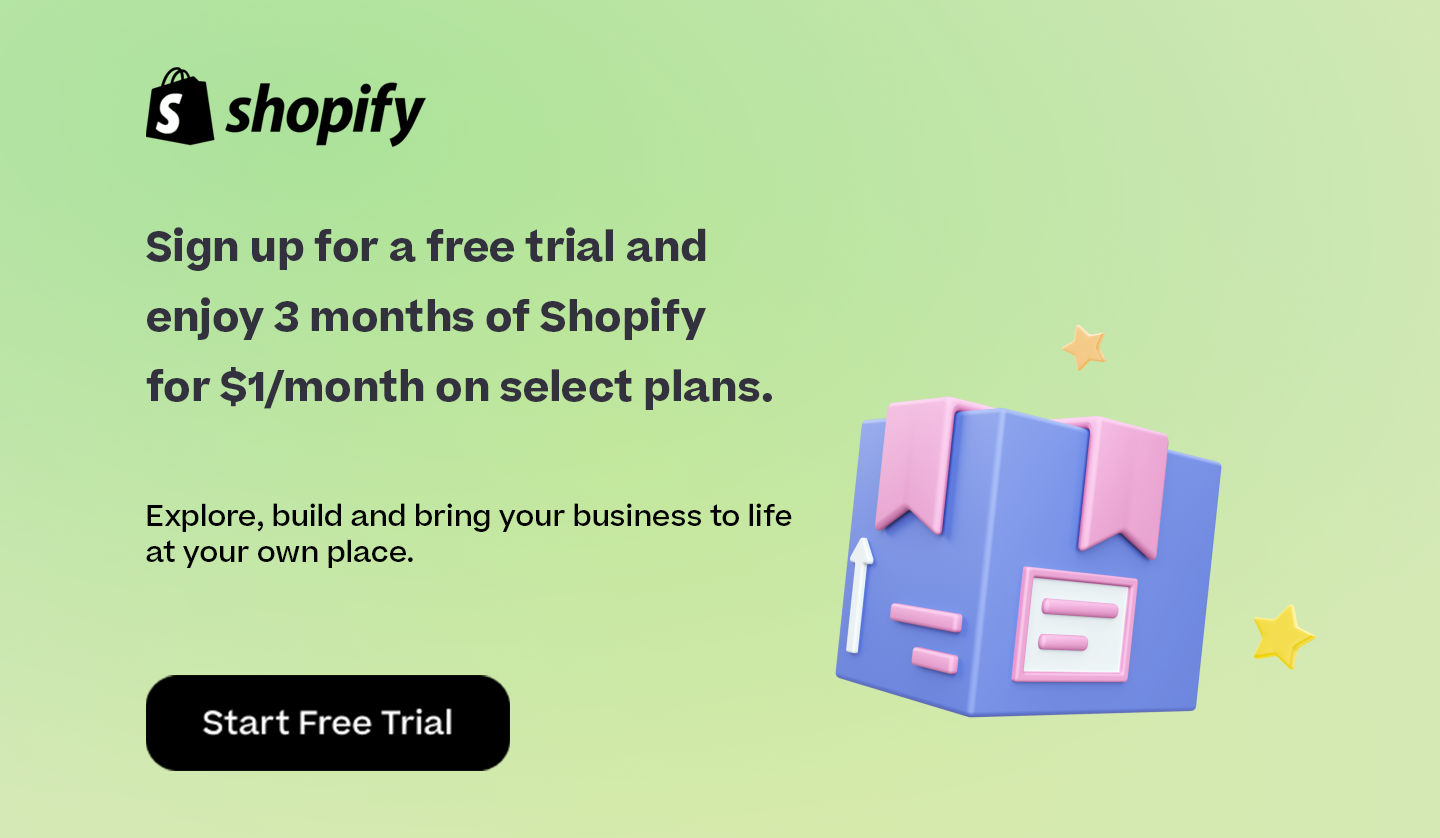Ever have one of those days where you needed more traffic but the thought of adding another keyword to your sales page and re-optimize the metadata just made you want to poke out an eye?
Every marketer has been there, and it’s especially tough in the ecommerce space. Traffic is our lifeblood, and when it dips, you want to do anything you can to fix it.
Well, let us present to you a new method for you to spend some time on to see some improvements in your search ranking: off-page SEO. For ecommerce brands, this is a terrific way to spread product knowledge and drive traffic from multiple different angles.
You’re creating positive signals to people and search engines that your brand is worth their time. This is done through interactions, links, and having other people talking about what you sell. Positive reviews, brand mentions, new followers, and much more await you in the realm of off-page SEO.
What Is Off-Page SEO?
Off-page SEO is a set of practices that can boost your ranking in search engine results, but the techniques are limited to things you can do outside of your own website. Off-page SEO is about promoting your brand in a variety of ways and banking on the size and power of places where you promote to help boost your rankings.
How Does Off-Page SEO Help?

Image credits:
Search engines are constantly being updated to reflect what people want the most — either what answers their questions best or what is most popular. As new tools for sharing and interacting emerge, search engines must keep up with the times.
Off-page SEO is one of their main tools to keep up with the changing digital landscape. It takes into account link building practices as well as social media marketing and social bookmarking.
At its core, these off-page elements give a search engine a better understanding of how the rest of the digital world views your website and your content, products, or services. If lots of other people are sharing your goods on their own websites, linking to you in major publications, or taking social actions around your brand (tweets, posts, pins, pics, and much more), then the search engine will view you as a more desirable and influential result.
One way that off-page SEO helps even without the pure search engine play is that it gives you more exposure. You get in front of more eyeballs on the places where you land, meaning followers or article readers or anyone else might navigate directly to your store. These efforts can help you bypass search for some of your new traffic.
What Are the Best Off-Page SEO Techniques for Ecommerce?
The good news is that there’s plenty for you to do to build your off-page SEO. Your marketing team can have a field day with all the activities and tactics. What that means most of all, though, is you’ll want to be strategic about where your audience is and how you think it best to reach them.
Here are seven of the most popular and common techniques to boost off-page SEO, and they represent a range of activities and ways to target your customer.
Social Media Activities

Image credits:
We could write thousands and thousands of words on social media marketing, especially for ecommerce. There are a lot of great guides out there to help you with everything from regular tweets to contests, photo spreads, getting UGC, sharing coupons, and more.
What’s important here is that every mention and share and hashtag that includes your name or handle is useful to boost your off-page SEO efforts. Each item has a limited lifespan and essentially is a single, tiny drop, but if you get enough of that together, you’ll have a mighty big ocean on your hands.
Another benefit too is the rise in Google and other search engines in including social media content directly in search results. You might not only gain overall page improvements for your main site, but you can also get some name recognition and results in placement from a well-crafted supporter tweet.
Review Sites
You probably ask people to leave you reviews because you know around 80% of customers will trust a review more than any other type of marketing. But, did you know that having reviews live on third-party services will also boost your SEO?
Search engines love reviews because they generate clicks. That’s also why lots of different services have added reviews to their content, like Facebook and Google+. You want as many reviews as possible on as many sites as possible.
Consider asking buyers to leave a review for you and cycle between the links you provide. Three are the staples like Yelp, Amazon, and the “Local” versions of search like Yahoo and Bing, as well as Google, Angie’s List, and even the Better Business Bureau.
Get Listed in Directories

Image credits:
Welcome to our first tricky off-page SEO tactic. Directories are a mixed bag because they range from amazing to terrible sources of information. That means they range from amazing to terrible sources of links.
Do your homework and find high-quality directories related to your market and your products. Look for something that seems reputable enough that you’d do some ecommerce competitor research with it. Quality review sites can improve your SEO, especially when you link to related products or category pages.
When it comes to directories, here’s your motto: quality over quantity.
Guest Posts
Let’s get our dangerous options out of the way then. Guest posts can help or hurt your SEO efforts. You want to guest post and blog on authority sites because they typically have a high traffic volume that can lead to your site. Search engines see traffic volume largely as a positive and the better their site does, the better the link to your pages is for SEO purposes.
Article marketing efforts should focus on high-quality publications — like how we’re writing this for Ecommerce Platforms. Over the years, everyone has understood this, and you’ll find that they don’t give as much bang per post as they used to, but — and this is a huge but — sites that remain popular for a long time continue to improve your SEO rankings over time.
So, you’ll want to find a stable set of partners and services to build up your guest posting roster and then create quality guest post content that engages people and gives them a benefit.
In the ecommerce space, think about how people use your products in different situations and then look for blogs or news sites about those situations. You can mix it up with looks for different seasons, how to use your goods for camping or building a blanket fort with the kids, and much more.
Social Bookmarking and Forums
Here’s a term you might not be familiar with: social bookmarking.
Social bookmarking is simply a method of submitting your products and website pages to bookmarking sites. Reddit is one of the larger ones, and there are also others like Scoop.it, StumbleUpon, Pinterest, and many more.
One thing you’ll notice is that some of these feel like more than bookmarking. They’re often a mix of business models, but they do contain ways for you to simply share an image or a link — the forum side of things is often secondary outside of the most popular boards, threads, or Subreddits.
Get Listed on Vendor and Partner Sites
A great thing about outsourcing part of your business, say by using guaranteed on-time order fulfillment, is that you get to focus on doing what is best for your business. Another awesome part: they typically don’t compete with your core offer.
So, these partners aren’t competing; you have a chance to drive traffic to each other and build a little support network. Look for opportunities to reach out to partners and vendors and see about getting on their website or blog. It’s a high-quality back-link that may also drive revenue.
And, be honest, if you had a partner that helped drive sales for you, why would you even consider switching to their competitor?
If you’ve got a good relationship, get your two marketing departments in touch. You might be able to find opportunities that you both can benefit from, such as getting your products listed in the screenshots or examples they use in content they create for their own off-page SEO efforts.
Q&A Websites

Image credits:
One final option that may not quite fall into the other categories are services designed to answer people’s questions, often in an independent way. Think of services like Quora where people ask for help on all kinds of issues. You can get a boost when people ask about you or include you in their answers to questions.
Some ecommerce shops are trying to dominate certain brand categories actively employ marketers to answer questions and boost their placement in these posts.
Bonus Tip: Influencers and Partners
You can work with companies specifically to achieve these and other SEO-friendly tactics and boost your sales and efforts. What we wanted to call out specifically was that there are free and paid options that are both equally valid.
Look for credibility and authenticity above all else. You’ll want someone or some brand that is related to what you sell and doesn’t have a million existing endorsements. Test the waters with different deals based on how comfortable you are.
It’s okay to pay one company directly for a guest post or to have your content linked in their pages, while for others you might want to work out an affiliate agreement where they earn money through sales via affiliate links.
Featured image







Thank you for the information provided.
It will be more helpful if you can provide examples of What to do? and Where can we do these things?
Ex: for Q&A site there will be Quora
So that, we can focus on those factors by including the above info.
Very helpful, thank you Jake
You’re welcome!
nice blog thanks for sharing
You’re welcome Veer!